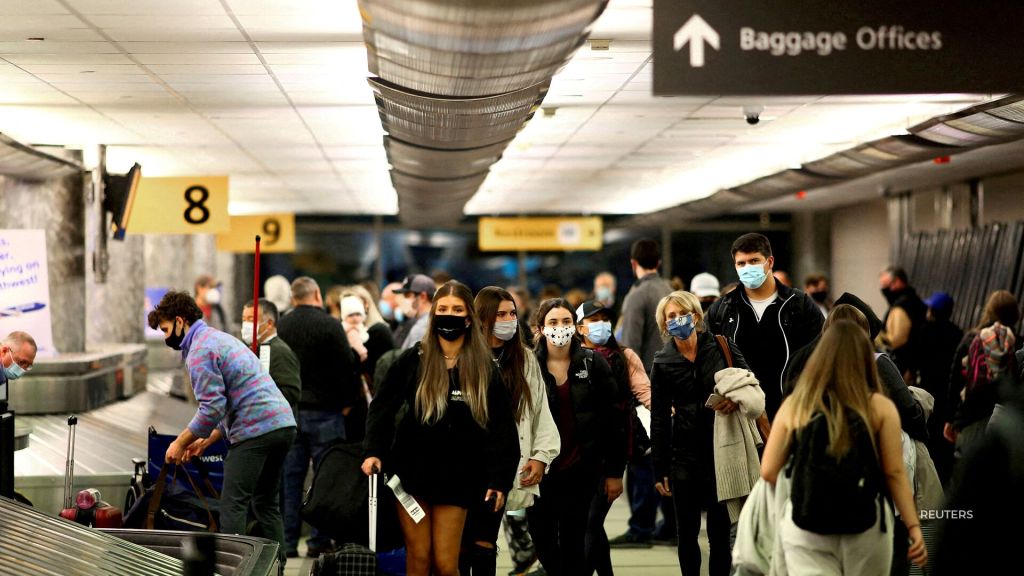As election results unfolded and Vice President Kamala Harris struggled to reach 270 electoral votes, Americans flocked to Google, spiking searches for terms like “moving to Canada” by over 5,000%. Many are exploring emigration as a way to escape domestic unrest, but experts said relocation is complex and costly, especially for moving to countries like Canada.
On election night, searches for “immigrate to Canada” began climbing around 8 p.m. EST, with the trend peaking on the morning of Wednesday, Nov. 6.
The U.S.-Canada border topped the list of relocation queries, but interest also rose for other countries including Ireland, New Zealand, and the United Kingdom.
Popular destination countries such as Canada have intricate immigration systems. Canada’s Express Entry program requires applicants to meet high standards in education, skills and language proficiency.
The total base cost for a single person moving to Canada is estimated at $15,264, while a family of four will need about $27,603. These figures cover settlement funds and fees but many applicants also choose to hire immigration lawyers for additional assistance. Those lawyers typically cost between $2,800 and $3,600.

Beyond Canada, countries in Latin America and Europe are also popular among Americans seeking a new home. In Mexico, Americans can stay visa-free for up to 180 days. Residency visa applications have also jumped 70% in recent years.
For remote workers, Panama and Costa Rica offer digital nomad visas with income requirements of around $3,000 per month.
Popular European destinations, including Spain and Italy, also have digital nomad visas with similar income-based or employment requirements.
In the Caribbean, investment-based citizenship programs offer faster routes for wealthier Americans, with St. Kitts and Nevis requiring a minimum $250,000 investment for expedited citizenship that can be passed to family members.
Other countries like Portugal offer visa programs that provide a pathway to residency for retirees.
Experts caution that costs and requirements vary widely by destination. They stress these moves require careful planning around income, job security and tax obligations.
For those seriously considering Canada, it’s helpful to know the country’s recent political leanings. Major urban centers like Toronto, Vancouver and Montreal typically lean progressive, while Alberta and Saskatchewan tend to be more conservative.
In the face of post-election stress, mental health professionals encourage Americans to explore coping strategies at home.
“Routine, rest, and limiting exposure to election coverage can be effective ways to reduce stress,” Dr. Ashley Zucker, a psychiatrist at Kaiser Permanente, said.
If symptoms interfere with sleep or daily activities, mental health services are readily available.








